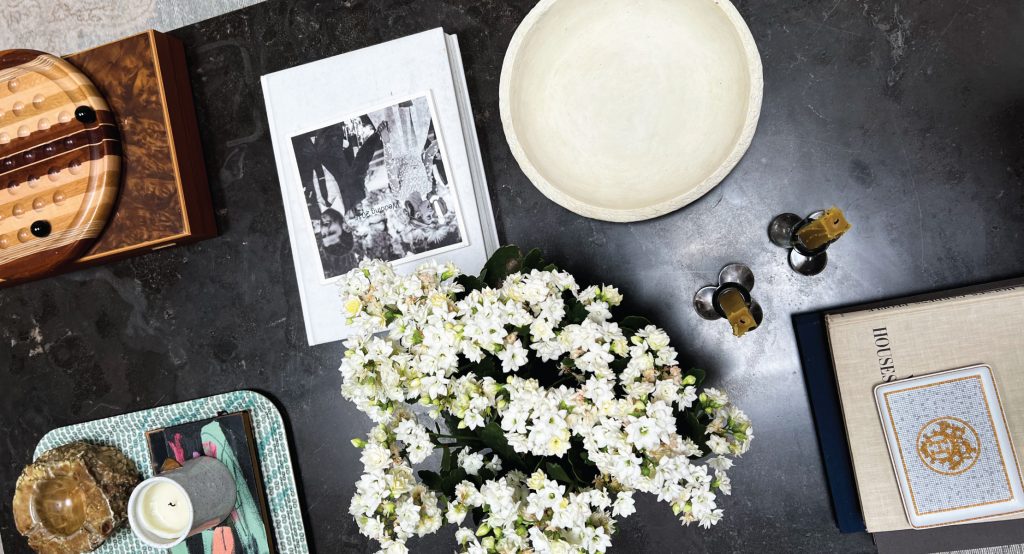Hi,
I hope you all are continuing to stay safe and healthy. I am still taking this all one day at a time. I have found myself experiencing several good days before getting hit with a bad one that knocks me on my a**. That bad one always makes me feel deflated and anxious.
Below is an article by Jennifer Cohen Harper where she explains how parents might navigate their emotions right now and how best to support our children. Jennifer is an educator, author, and mother, working to support children in the development of strong inner resources. As founder of Little Flower Yoga, Jennifer brings mindfulness to schools and families nationwide. She has created many resources, including her most recent book Thank You Body, Thank You Heart: A Gratitude and Self Compassion Practice for Bedtime, as well as a variety of card decks and activity books.
Last year, she joined me as a guest on my podcast, WITH WHIT, and we discussed the importance of mindfulness. You can listen to the episode wherever you listen to your podcasts. Here are a couple of links.
Apple Podcasts: https://podcasts.apple.com/qa/podcast/jennifer-cohen-harper-teaches-us-importance-mindfulness/id1462706458?i=1000455970481
Spotify: https://open.spotify.com/episode/50yl0gP01wbyLn48klssj9
Stay home and stay safe.
xo,
Whit
Supporting Children Through Our Fears. Becoming the Captain of Our Ship by Jennifer Cohen Harper
The world has changed abruptly as we are navigating a global pandemic, and the resulting fear, anxiety and overwhelm have been intense for many. For those who have young children at home, the competing demands of full time parenting, working from home (if we’re lucky), maintaining our children’s education, and handling the flood of information about the pandemic itself can seem impossible, leading us into a sinkhole of even more fear, anxiety and overwhelm. And our kids are watching.
This collective challenge we are experiencing will leave its mark on our children, for better or worse, and while there is so much out of our control, what many of us CAN do is decide how we are going to captain the ship of our own home. And in doing so, we can teach our kids a powerful lesson about their own capacity and personal power. We can help them come out the other side of this experience with increased resilience.
But we can only do that if we remember that our kids nervous systems are profoundly influenced by ours! In order to be a steady, reassuring leader who our kids can count on to keep them safe, we need to work hard at regulating our own fear and anxiety. That doesn’t mean you should ignore those feelings or push them away (that never really works and our kids can tell). It means we need to recognize when we are becoming overwhelmed and commit to practices that help us ground ourselves and become more present (for our sakes and for our kids).
One simple but powerful practice when anxiety is rising is a sensory check in. Here are the steps:
- WHAT CAN YOU SEE? Look for what is real, and in front of you right now. What can you see in the space around you? Out your window? Up and down? If you close your eyes, can you imagine and remember what you saw?
- WHAT CAN YOU HEAR Open your ears wide to the sounds around you. What can you hear that’s loud? That’s quiet? What far away sounds? What close by sounds? Can you hear any sounds that your own body is making?
- WHAT CAN YOU FEEL? What part of your body is connecting to the ground, floor, chair? Can you feel the sensation of what is holding you up? Can you sense the air on your skin? Its temperature? Any breeze? Can you feel any sensations inside your body?
As we all work to support our children during this time, keeping these few additional things in mind has been profoundly helpful to me, and I hope they are to you as well:
- Telling someone not to worry never makes them feel better! We have to let our kids express what’s real for them, and be willing to hang out there with them feeling the hard stuff so they know they aren’t in it alone.
- Remember the importance of play. Play is how our kids make meaning out of their experiences. When they ask us to play with them, they are asking us to be there for and with them through that process. One way to think about it is: Play = Processing + Connection = Safety
- Once kids feel seen and safe, let them see your sad: We’re often worried about scaring our kids with big feelings, but it’s actually profoundly freeing for them to know that we all have strong emotions, and that they are welcome in our home and family. When we let kids see our emotions, we’re making it more likely that they will feel safe to show us theirs!







